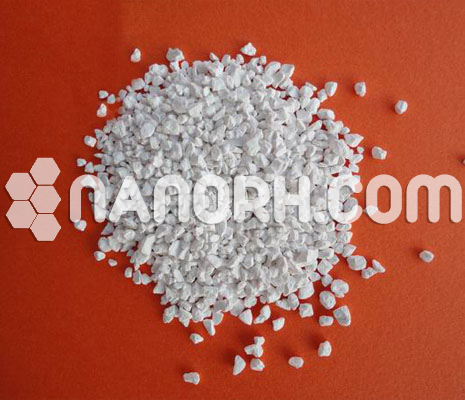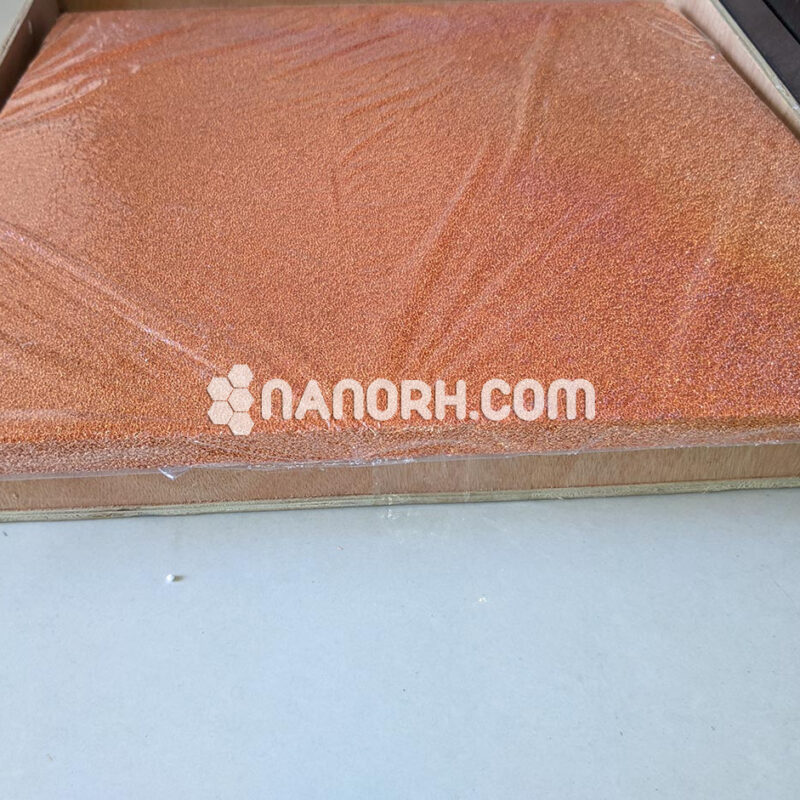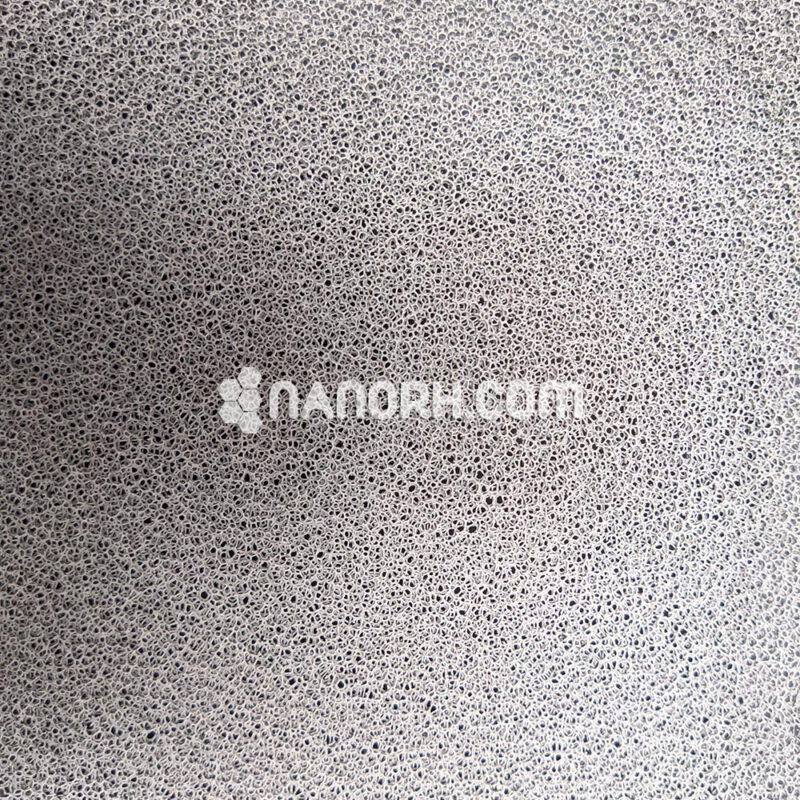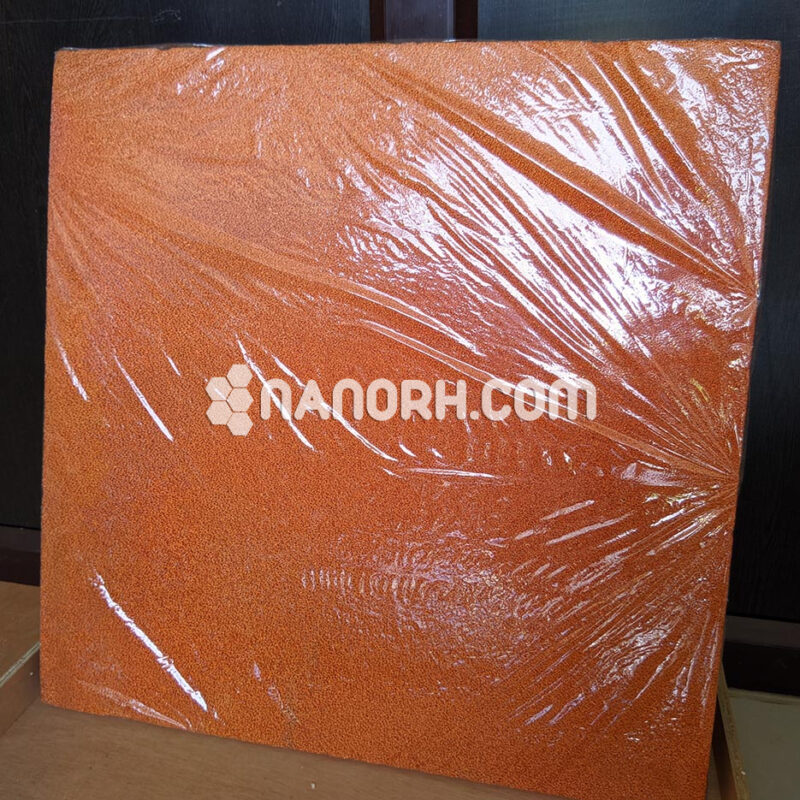| Yttrium Oxide Pellets | |
| Product No | NRE-52078 |
| CAS No. | 1314-36-9 |
| Formula | Y2O3 |
| Molecular Weight | 225.81 g/mol |
| Purity | 99.9% |
| Density | 5.0 g/cm3 |
| Melting Point | 2440 °C |
| Boiling Point | 4300 °C |
| Shape | Pellet |
| Electrical Resistivity | NA |
| Electronegativity | NA |
Yttrium Oxide Pellets
Applications:
Optical Materials:
Phosphors: Yttrium oxide is used as a host material in phosphors for fluorescent lighting and displays. For example, Y₂O₃³⁺ is used in color televisions and LED displays.
Optical Coatings: Y₂O₃ is used in optical coatings and thin films to enhance the performance of optical lenses and other devices due to its high refractive index and excellent transparency in the visible and infrared spectra.
Ceramics and Refractories:
High-Temperature Ceramics: Yttrium oxide is used to produce advanced ceramics that can withstand extreme temperatures and harsh environments, such as in gas turbines and other high-temperature industrial processes.
Stabilized Zirconia: When doped with yttrium oxide, zirconium oxide (ZrO₂) becomes stabilized and can be used in various applications including fuel cells and oxygen sensors. This form of zirconia is known for its high toughness and thermal resistance.
Alloys and Superconductors:
Superconductors: Yttrium oxide is used in the production of high-temperature superconductors, such as YBCO (Yttrium Barium Copper Oxide), which are important for applications like magnetic resonance imaging (MRI) and magnetic levitation.
Alloys: Y₂O₃ can be used to enhance the properties of various alloys, including improving their hardness and resistance to wear.
Electronics:
Dielectric Materials: Yttrium oxide is used as a dielectric material in capacitors and other electronic components due to its high dielectric constant and insulating properties.
Semiconductors: It is used in semiconductor applications, including as a gate dielectric material in certain transistors and as a component in thin-film transistors.
Catalysts:
Catalysis: Y₂O₃ is used as a catalyst or a catalyst support in various chemical processes, including the production of hydrogen and the oxidation of hydrocarbons.
Nuclear Applications:
Nuclear Reactors: Yttrium oxide is used in nuclear reactors as a part of the control rods and as a material for nuclear fuel.
Glass and Ceramics:
Glass Production: Yttrium oxide is used in the production of specialty glasses, including those with enhanced optical and mechanical properties.
Ceramic Glazes: It is also used in ceramic glazes to produce certain colors and improve the quality of the glaze.
Research and Development:
Material Science: Y₂O₃ is used extensively in research to explore new materials and to develop advanced technologies in various fields, including materials science and physics.




